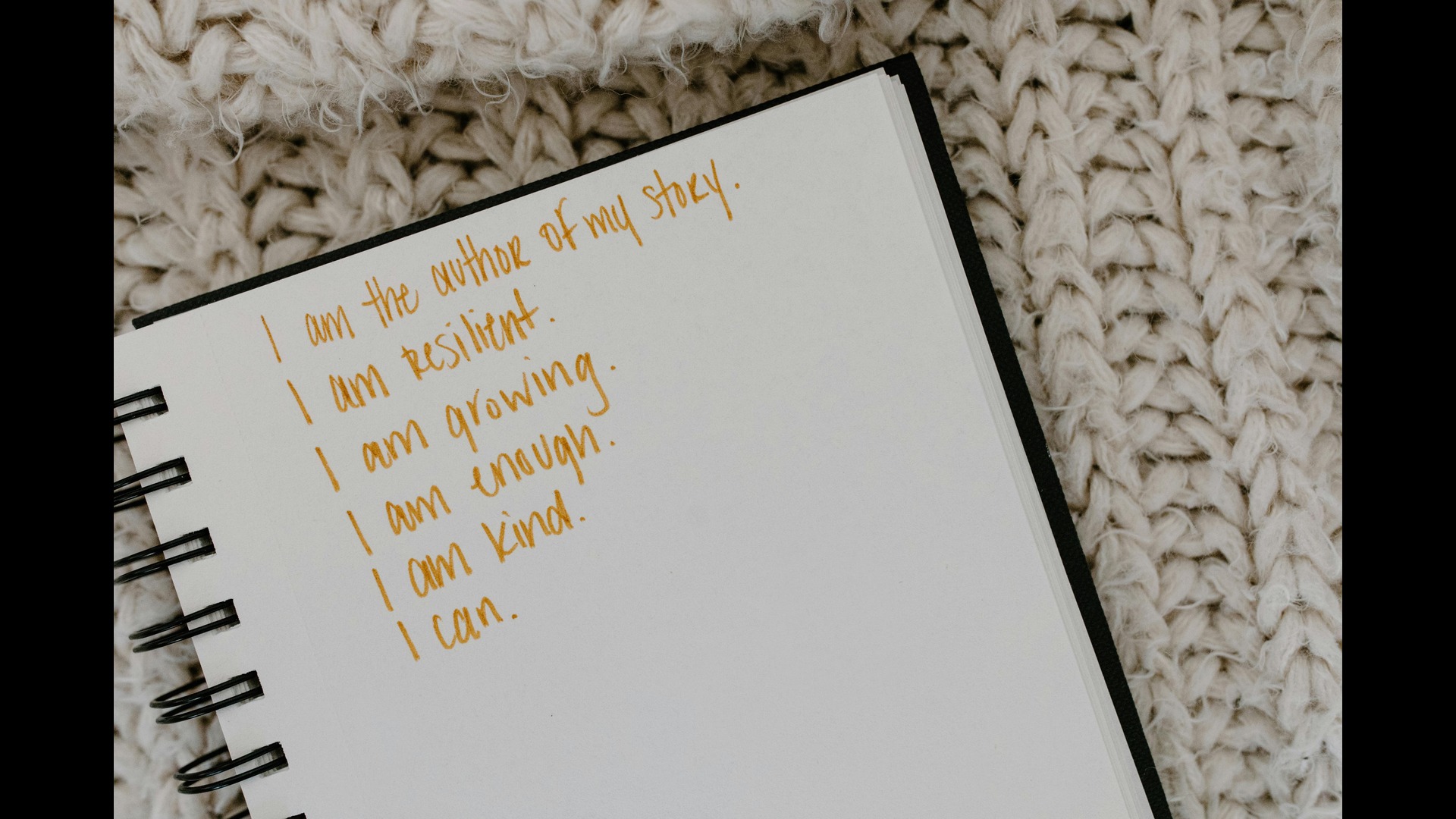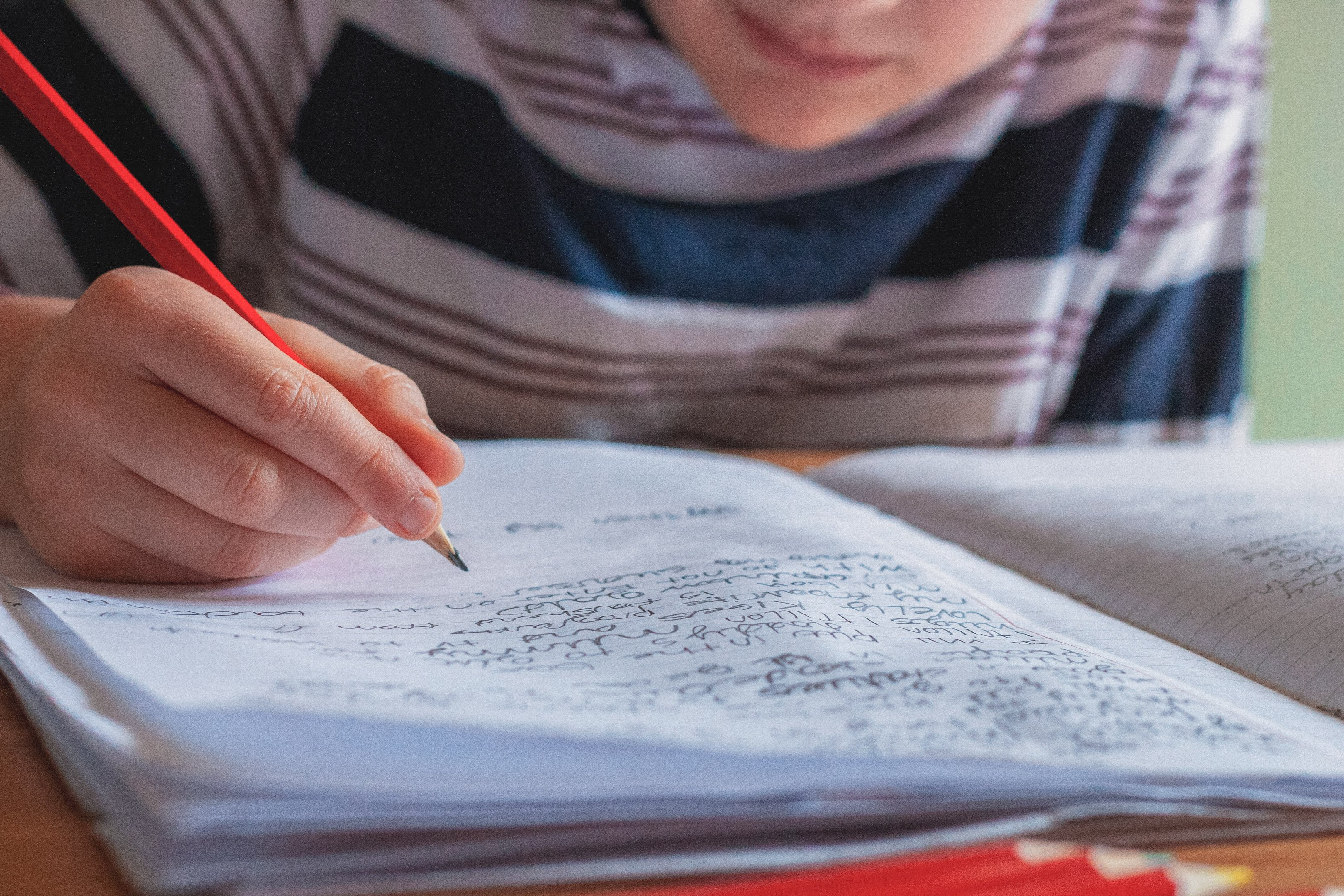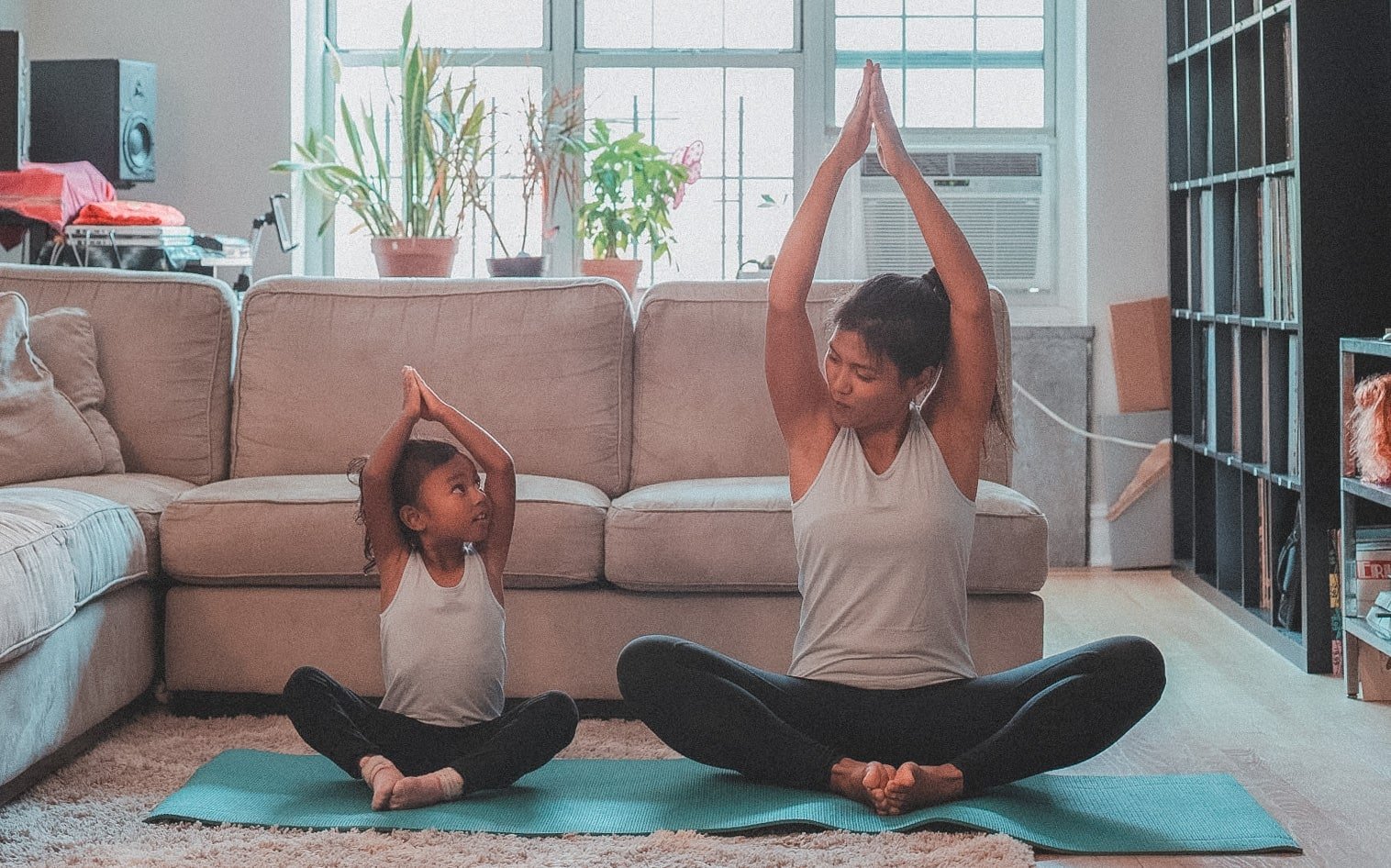Calming Words: Affirmations for Kids with Anxiety
Help your child manage anxiety with soothing affirmations that build confidence, strengthen resilience, and create a lasting sense of safety.


Every kid has a special superpower within them that can help calm anxiety: self-talk. This is that internal voice that says, “What if something bad happens?” It can also say, “I can do this.”
Positive self-talk or calming affirmations can remind kids of their ability to handle difficult situations. In this article, we’ll explore calming affirmations and how they can help your child manage anxiety.
Key takeaways
- Affirmations are positive, short phrases that help children (and adults) develop a more positive mindset and change anxious thoughts.
- The key to using affirmations correctly is to practice them daily. This will help your child internalize these beliefs about themselves.
- Parents play a big role in teaching kids how to use positive affirmations. If affirmations aren’t calming your child’s anxiety, therapy is the next step.
What are affirmations?
Affirmations are simple, short phrases that kids can say to themselves that help them feel calmer and less anxious.
How they work
Research has found that affirmations activate areas of the brain that are associated with self-image. This activation can help shift a child's focus from inner anxiety-provoking thoughts to more self-affirming beliefs.
In addition to this, studies have shown that repeating positive affirmations to oneself decreases levels of cortisol (the stress hormone). This research suggests that positive affirmations can help children manage their physiological responses to stress.
When to use them
You can think of affirmations as your child’s go-to tool for dealing with anxiety. These thoughts can be very helpful during transition times, when your child might be especially anxious. Examples include at bedtime, right before school, and whenever their emotions get tough to manage. These thoughts will help recenter and ground your child during these stressful times.
Simple ways to use affirmations
Here are some tips for encouraging your child to use affirmations. By following these guidelines, you can help your child utilize affirmations as a source of support.
- Make affirmations a daily routine. Consistency is the key when it comes to making affirmations effective. One study found that affirmations help reduce anxiety and improve mood in children when practiced daily. Practicing affirmations on a daily basis with your child will help them become an automatic part of their thought process.
- Affirmations can also be used whenever your child is dealing with a difficult emotion. Affirmations are also helpful when your child is struggling emotionally. They can help provide the emotional pick-up your child needs
- Pair affirmations with a calming, mindfulness exercise. This will make affirmations more effective. You could try coloring with your child.
- Participate with your child. This support can make it easier for your child to practice affirmations.
20 Powerful affirmations for kids with anxiety
Here’s your affirmation toolbox! These positive affirmations can help your child face their fears with calm and confidence. They also touch on things like confidence and self-compassion. The affirmations are grouped into helpful subcategories for everyday support.
Managing worries
- “It’s okay to take a break if I am overwhelmed.”
- “I can ask for help when I am scared.”
- “I can change my thoughts.”
- “I am safe, even when I feel scared.”
- “I am scared, but I can handle this.”
Building confidence
- “I believe in myself.”
- “I can learn from my mistakes.”
- “I can handle challenges.”
- “I can do hard things.”
- “I am brave.”
Being Kind to Myself
- “I deserve to ask for help.”
- “I am allowed to take breaks.”
- “I can make good choices.”
- “I am worthy of kindness.”
- “I am worthy of love.”
Calming my mind
- “I am in control of my thoughts.”
- “Everything will be okay.”
- “I am calm.”
- “I am safe.”
- “My mind is like a quiet room, calm.”
Fun ways to use affirmations
To encourage your child to use affirmations, you’ll want to get creative in using them. Make it something that your child looks forward to. By making it entertaining, your child is more likely to connect with them. Here are some creative ways to make affirmations a part of your child’s daily routine.
- Grab an old jar, and turn it into an affirmation jar that your child can pull from when they are stressed or need words of encouragement.
- Write affirmations on a card and have your child pull a card when they need some positive words.
- Create a digital affirmation screensaver for your child’s computer.
- Record your voice reading affirmations aloud for your child.
How to help your child use affirmations
Affirmations are the superpowers in your child’s anxiety management toolkit. The best part is that you can say them anywhere — while getting dressed, driving to school, or playing outside.
Let your child pick the affirmations that speak to them at the moment. You can use an affirmation jar, as mentioned above, to facilitate this.
Practicing affirmations regularly with your child can help build confidence and reduce anxiety. This practice can completely shift their mindset.
Model using affirmations
Children learn by observing others. Modeling the use of affirmations can help your child learn how to use them to build confidence and a more positive mindset. Repeat affirmations that help ground you during tough moments throughout your day. An example might be “My worth isn’t measured by how productive I am.” “I am allowed to slow down” is a great affirmation to model during times when you feel overwhelmed.
Encourage consistency
You have to encourage your child to use affirmations on a regular basis. Otherwise, they won’t work. Try to encourage them to use affirmations naturally when they are feeling stressed or down. Make saying positive affirmations fun. If it feels like a chore or homework assignment, they won’t want to do it.
Validate your child’s emotions
Affirmations should never be used to ignore or dismiss your child’s emotions. What they are feeling is valid. You can acknowledge that and then encourage them to use affirmations to deal with their worry or emotions.
You could say something like “I can tell that you are worried about your math test today. That is okay. But let’s try saying an affirmation to calm your worry a bit.” Then, you could encourage them to say the following affirmation: “I am nervous, but I can do hard things.” This tells your child that it is okay to feel worried while also providing them with a tool to help manage their anxiety.
Final thoughts
When your child says, “I’m scared to try basketball, dance, or whatever new thing,” affirmations can help them gain the confidence to give it a try. Prompting them to say an affirmation like “I don’t have to be perfect to try it” can help calm their anxiety and encourage them to go for it!
Affirmations are very simple — yet powerful. The best way to help your child is to model affirmations for them, practice daily, and make saying them fun.
When affirmations aren’t enough
Affirmations are powerful, but sometimes they aren’t enough. If you are saying these positive phrases with your child daily, modeling them, and your child is still anxious, then it might be time to reach out to a therapist. At Emora Health, our licensed child therapists in Texas and Florida offer compassionate care to children with anxiety. Support is just a click away.



